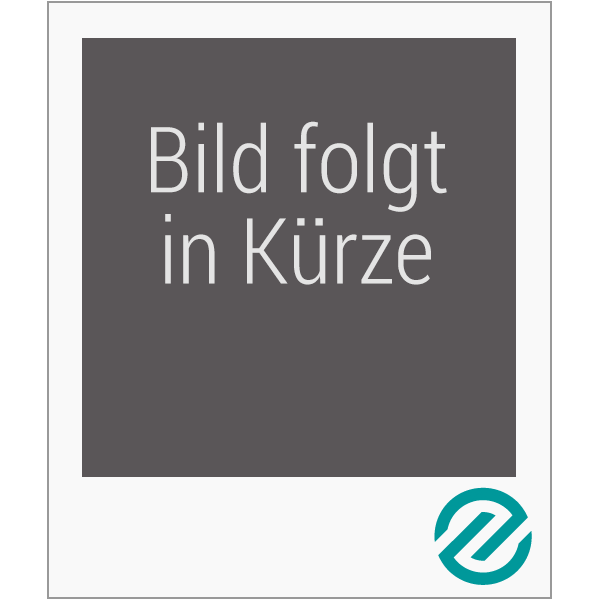It is generally recognized that the commercial success of biotechnology products is highly dependent on the successful development and application of high-powered separation and purification methods. In this practical and authoritative handbook, the separation of proteins, nucleic acids, and oligonucleotides from biological matrices is covered from analytical to process scales. Also included in a chapter on the separation of monoclonal antibodies, which have found numerous uses as therapeutic and diagnostic agents. Analytical techniques include an interesting montage of chromatographic methods, capillary electrophoresis, isoelectric focusing, and mass spectrometry. Among separation and purification methods, liquid-liquid distribution, displacement chromatography, expanded bed adsorption, membrane chromatography, and simulated moving bed chromatography are covered at length. Regulatory and economic considerations are addressed, as are plant and process equipment and engineering process control. A chapter on future developments highlights the application of DNA chip arrays as well as evolving methodologies for a large number of drugs that are under development for treatment of cancer, AIDS, rheumatoid arthritis, and Alzheimer's disease.
Handbook of Bioseparationsserves as an essential reference and guidebook for separation scientists working in the pharmaceutical and biotechnology industries, academia, and government laboratories.
Handbook of Bioseparationsserves as an essential reference and guidebook for separation scientists working in the pharmaceutical and biotechnology industries, academia, and government laboratories.

